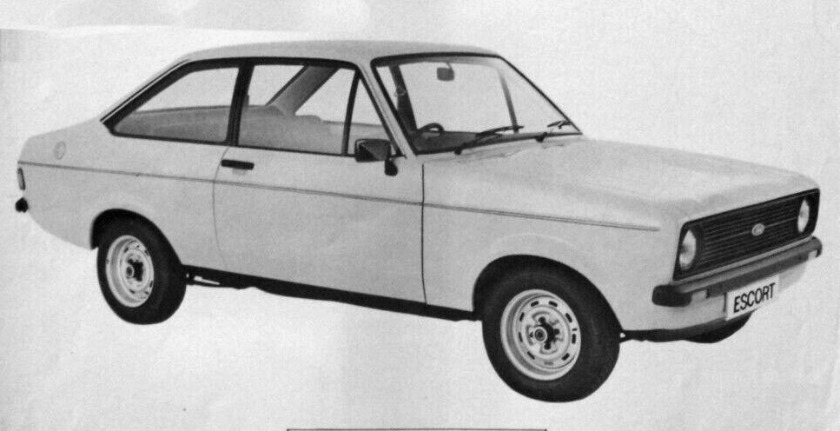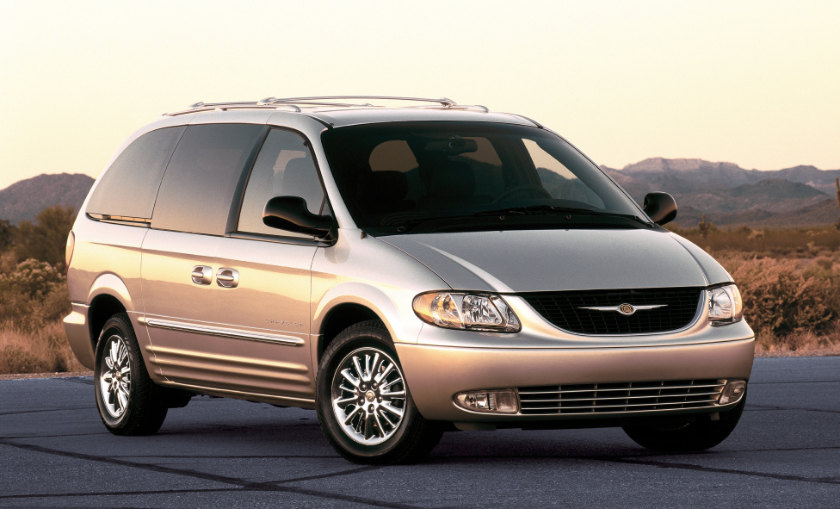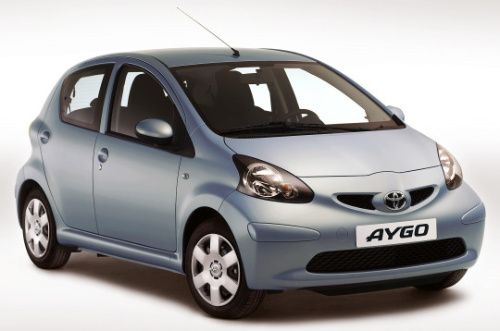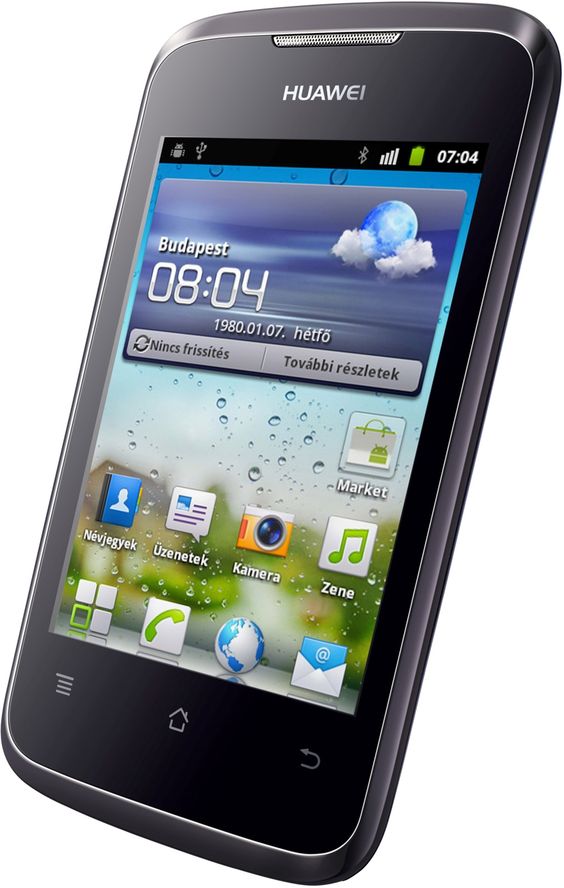My grandfather, Col. Tung Wan Yan, of the Chinese Constitutional Army, had a very interesting war.
He was on a Japanese hit-list and was hiding in trees when some soldiers opened fire on him with automatic weapons. By some miracle, he escaped unharmed.
It’s one of the close calls he had in China and Malaya during World War II.
Last night, and for a little while this morning, I Tweeted some public notices to help get word out for the Japanese people, which is one of the few things my limited skill set allows for. I translated Tweets via Google Translate to keep people informed, especially those in Japan who might not understand Japanese.
And my mind turned to him. He’s the one guy in our family who has met a lot more Japanese people than we can claim.
Not because of any contrast, but because of similar motives.
Immediately after the surrender, my grandfather created jobs for stranded Japanese soldiers in Malaya, so they could earn their passage back home.
When you cast aside government orders, people are people—and compassion is a natural trait in most of us. They put down their guns and became brothers.
If you ask me what part of my grandfather’s war record I am proud of, it was that immediate postwar work. Technically, it’s not part of his war record, though it is part of his military record.
He had to get back to his family, too, but, as any leader would do, he placed others before himself. More importantly, these others included not only his own men, but those whom, a day before, were called ‘the enemy’.
He was a few months younger than I am now, and had done way more than I ever could. In this and other respects, he was a better man than me.
Tweeting public notices isn’t much compared with actual job creation and restoring public services and infrastructure in a foreign country.
But what he and I have in common is that we believe that, in these times of need, we are all brothers and sisters in unity with the citizens and families of Japan.







for lack of a better phrase:
[this is good]
I’d Facebook-like that if I could.
I have much respect for Japan after they came and helped Christchurch respond to its darkest hour with courage and compassion, working in circumstances that were as dangerous as they were horrendous. Christchurch was spared a tsunami, but we both had to confront face to face the horror of liquefaction in all of its muddiness, messiness and we understood the fears and alarm that each new aftershock raised.
Kia Kaha Japan.